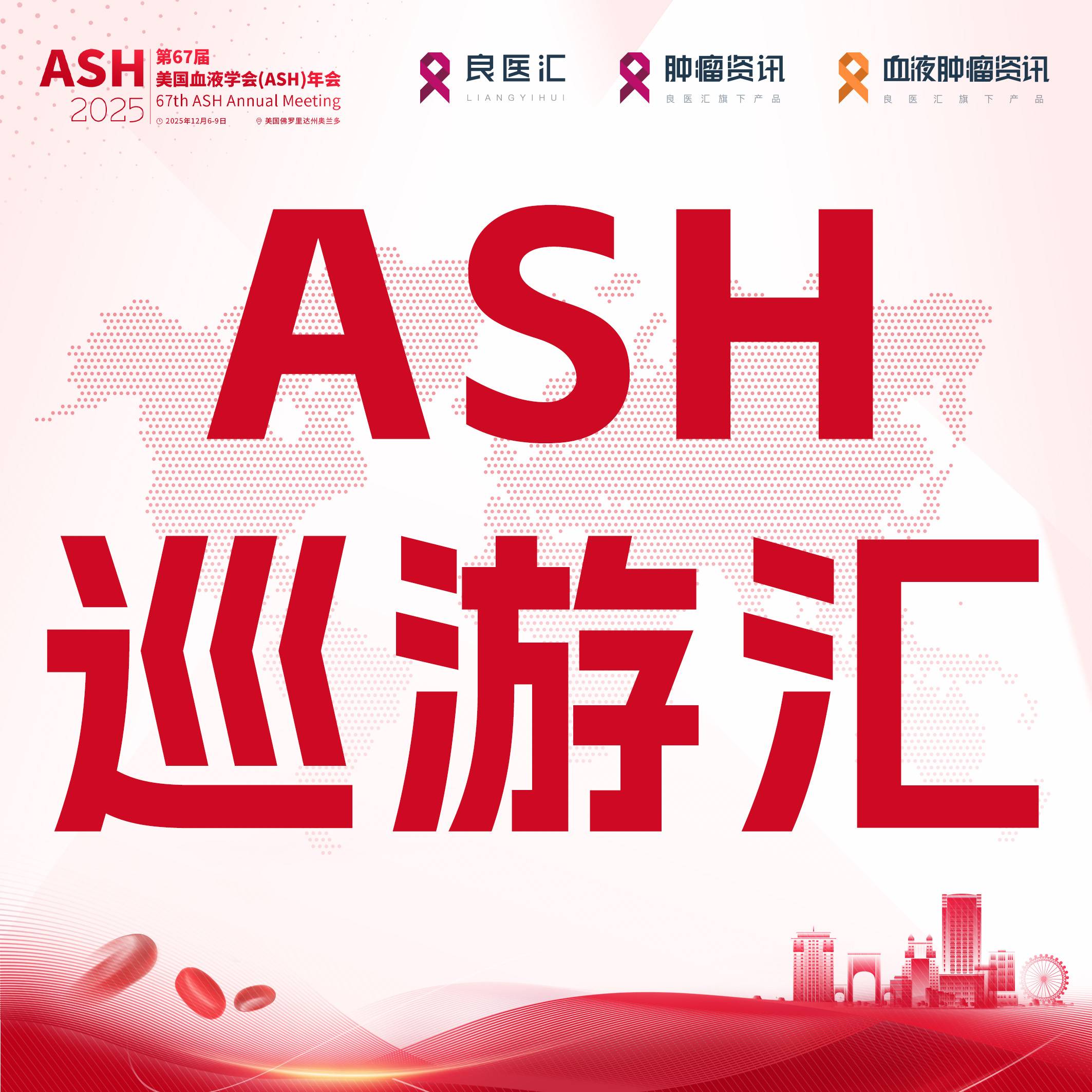
以下内容原文发布于AACR官方博客《Cancer Research Catalyst》, 中文内容仅做参考,请点击文末“阅读原文”,阅览原文内容。
随着迈入 2024 年,癌症研究领域 将迎来哪些变化?
AACR邀请了四位行业领袖,从他们各自熟悉的领域出发来回答这一问题。对于2024年的癌症研究进展,他们普遍表示乐观。过去的2023年,癌症研究领域发生的大事包括:美国食品和药物管理局(FDA)批准了45项 肿瘤疗法 ,其中包括17种新药;“国家癌症计划”公布;美国国家癌症研究所新 所长 W. Kimryn Rathmell博士(MD, PhD)上任。
本系列文章将分四个部分总结专家们对2024年癌症研究进展的预测,第一部分刊出的是 Catherine J. Wu 博士(MD,AACR会士)对癌症疫苗领域的预测。
敬请期待第2-4部分,专家观点来自:
Robert A. Winn博士(MD,AACR会士),实现健康公平;
Paul Workman(英国医学科学院院士),利用人工智能和其他尖端技术进行肿瘤药物研发;以及
AACR候任主席 Patricia M. LoRusso博士 (DO, PhD (hc), AACR会士),精准医疗和生物标记物驱动的临床试验。
了解更多内容,请阅读以下原文。
Experts Forecast 2024, Part 1: Advances in Cancer Vaccines
2024 is here, and there is so much on the year’s agenda—a total solar eclipse over parts of North America; the Summer Olympics in Paris; the first crewed lunar mission in over 50 years; and major elections around the world, including the presidential election here in the United States.
Good thing we have an extra day this year to get through it all!
As we leap into 2024, what lies ahead for cancer research?
We asked four thought leaders to answer this question for each of their respective fields. Across the board, there was significant optimism about the progress ahead in 2024. This optimism follows a busy year in the cancer research realm: 2023 featured 45 oncology approvals by the U.S. Food and Drug Administration (FDA), including for 17 new drugs; the unveiling of the National Cancer Plan ; and a new director for the National Cancer Institute, W. Kimryn Rathmell, MD, PhD.
In this four-part series, we’ll summarize what experts forecast for 2024, beginning with predictions from Catherine J. Wu, MD, FAACR , for the field of cancer vaccines.
Stay tuned for parts 2-4, featuring thoughts from:
Robert A. Winn, MD, FAACR , on achieving health equity;
Paul Workman, FMedSci , on using AI and other cutting-edge technologies for oncology drug discovery; and
AACR President-Elect Patricia M. LoRusso, DO, PhD (hc), FAACR , on precision medicine and biomarker-driven clinical trials.
BROADENING THE REACH OF CANCER VACCINES IN 2024
For decades, researchers have tried—with some success —to develop vaccines to treat cancer.
The idea is simple: inject patients with a biologic that stimulates their immune systems to attack the cancer. The execution? Not so easy.
Time-consuming research, costly manufacturing, and unknowns about the appropriate stimuli are some of the challenges researchers have faced. But recent advances—spurred, in part, by the success of mRNA vaccines to protect against COVID—have allowed researchers to make headway.

This year, we can expect even more progress, according to Catherine J. Wu, MD, FAACR , the Lavine Family Chair of Preventative Cancer Therapies at Dana-Farber Cancer Institute and a professor of medicine at Harvard Medical School.
Wu predicts that 2024 will bring developments in targeting shared neoantigens, treating diverse tumor types, combining vaccines with other immunotherapies, and evaluating cancer vaccines in large, industry-sponsored phase II clinical trials.
“I expect to see renewed interest in targeting shared neoantigens that arise from driver mutations in different tumor types, which could allow us to make progress in creating off-the-shelf vaccines,” she said.
While personalized vaccines—which target patient-specific neoantigens that arise primarily from passenger mutations—account for addressing the tumor heterogeneity present among patients, they are costly, both in terms of time and money. “It takes quite a bit of effort to generate the sequencing data to evaluate each patient’s unique cancer and then design a vaccine in real time based on the data,” she explained. “On top of that, you have the cost of manufacturing a tailored vaccine.”

Wu anticipates that vaccines, whether they target shared or personalized neoantigens, will be studied in several different cancer types and disease settings in the coming year. “I think we’re going to see more studies that will consider how to incorporate vaccines into the standard of care or other modalities of cancer immunotherapy for whichever cancer type is under study.
“Another major development over the next year that we may see is larger-scale studies,” she added. Wu explained that, to date, most trials evaluating personalized vaccines have been small phase I studies with approximately 10-15 patients and have been conducted at academic centers. “In the next year or two, I expect that we will see more and more phase II trials sponsored by industry, where there are more resources to conduct larger trials,” she said.
Wu and others have suggested that vaccines may make immunologically inert tumors (the so-called ‘cold’ tumors) more vulnerable to other forms of immunotherapy. This year, she expects that researchers will continue to evaluate vaccines in combination with different immunotherapies.
“Vaccines, in many cases, are more effective when given as a one-two punch together with immune checkpoint inhibitors,” she said. “The fact that immune checkpoint inhibitors are approved to treat multiple cancers makes it possible to envision such combinations.”
She noted that there is also a strong rationale to combine vaccines with CAR T-cell therapy and other cell-based immunotherapies. “I think in the next period to come, we’re going to see interesting combinations—whether dual, triple, or more—that address the immune-evasive and immune-suppressive mechanisms that we have to contend with when addressing cancers.”
更多内容,请点击“阅读原文”
排版编辑:肿瘤资讯-Astrid











 苏公网安备32059002004080号
苏公网安备32059002004080号


